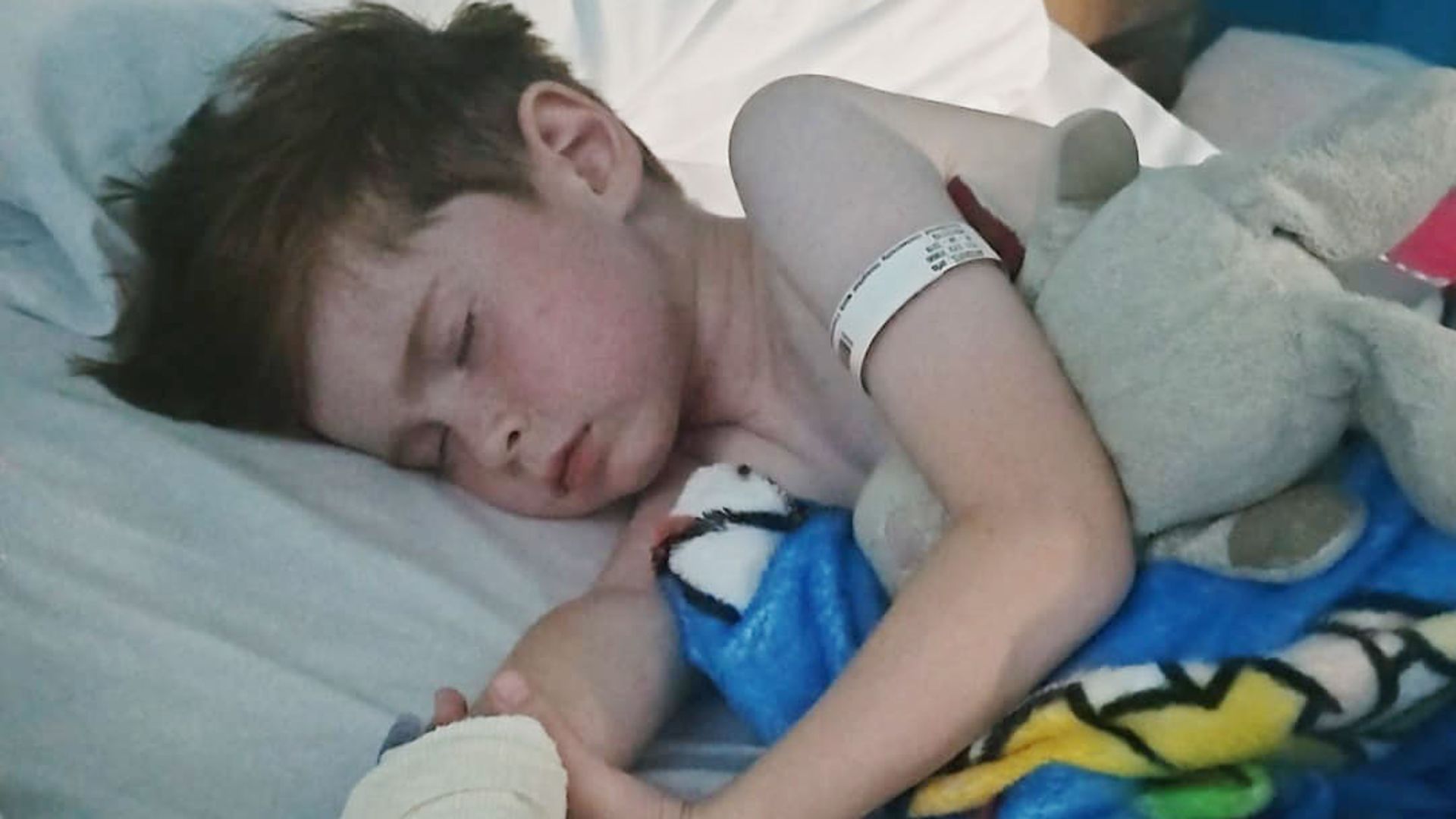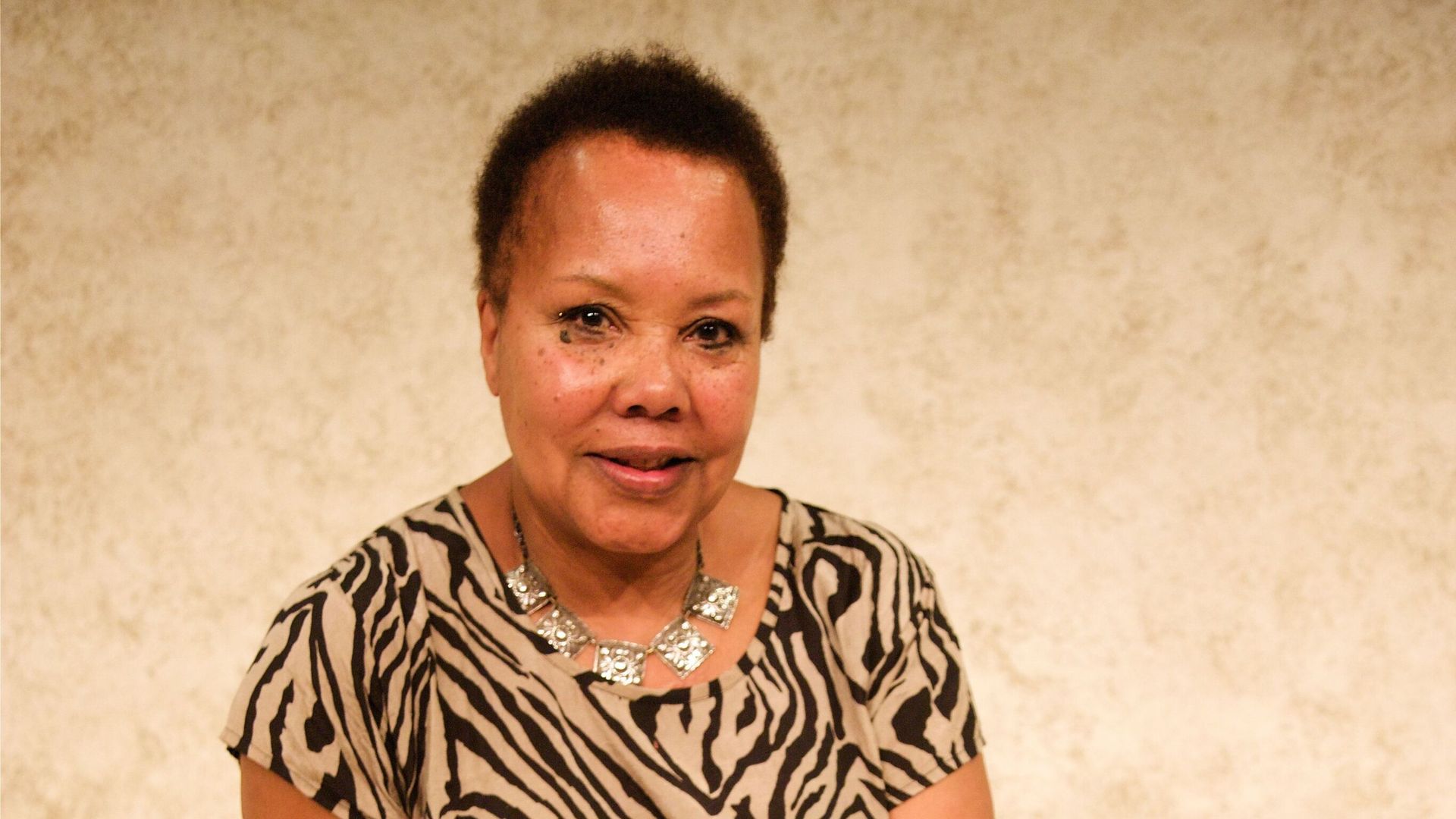Cases of a little-known eating disorder called Avoidant/Restrictive Food Intake Disorder (ARFID) are increasing, with growing numbers of families struggling to access adequate support, charities say.
Despite its potentially severe impact on physical and mental health, ARFID remains poorly understood, and many local health services are unequipped to address the condition, leading to a postcode lottery of treatment.
ARFID is characterised by an extreme aversion to certain foods due to their taste, texture, smell, or appearance, or an intense fear of eating triggered by a traumatic event, such as choking.
It was only recognised as an eating disorder diagnosis in 2013.
Unlike anorexia or bulimia, ARFID is not driven by concerns about body image. The condition can lead to malnutrition, social isolation, and significant anxiety, yet treatment options remain limited.
Recent figures from the eating disorder charity Beat reveal that one in seven calls to its helpline now concern ARFID, compared to one in 50 just five years ago.
Some 28% of calls regarding children under-16 are now about the condition. Despite this, Beat estimates eight in 10 eating disorder services in England do not clearly state whether they treat ARFID on their websites.
Woman becomes world’s longest-living recipient of pig organ transplant: ‘I feel like superwoman’
What is Marburg virus? The deadly disease behind outbreak in Tanzania
New case of Clade lb mpox detected in England
Arlo’s story
Michelle Jacques, mother of five-year-old Arlo, knows this struggle all too well. Arlo has lived with ARFID for most of his life and survives solely on milk and nutritional supplement shakes. He hasn’t eaten solid food in years.
“Every door was getting closed,” Ms Jacques said.
“I speak to so many families around the country who are in the same position as me. They go to their GP, but the GP doesn’t know what ARFID is. Even in hospitals, staff didn’t know what it was. The awareness and support just aren’t there.”
For Arlo’s family, the condition has been life-changing. They can’t go on holiday, or take him out to restaurants.
“We don’t offer him food. We don’t ask him if he’s hungry. He’ll tell me if he wants milk, and we go by that,” Ms Jacques explained.
“He’s been very poorly in the past, which is why he’s on supplement shakes. Recently he became very, very ill and had his appendix out, and we were at crisis point.”
Currently, there are no National Institute for Health and Care Excellence (NICE) guidelines specific to ARFID.
Difficult to get help
Tom Quinn, director of external affairs at Beat, emphasised the urgent need for improved awareness and resources.
“It’s definitely on the rise, and quite incredibly so,” he said.
“A lot of people are saying they don’t know where else to turn. It’s very difficult for them to get help for their loved ones.
“Unlike a lot of illnesses, there isn’t a NICE guideline on ARFID, which makes it very difficult for health professionals to know what they should be doing. And generally, there’s a postcode lottery when it comes to treatment provision.”
In a statement, NICE acknowledged the gap, saying it was because: “There was little available evidence on which to make recommendations. We will continue to monitor evidence on this topic and revisit our decision within two years.”
The Department of Health and Social Care responded, stating: “Through our 10-Year Health Plan, this government will overhaul the NHS and ensure those living with serious eating disorders like ARFID are given the support they need, including by recruiting an extra 8,500 adult and child mental health staff, investing in Young Futures hubs, and providing access to mental health support in every school.”
Read more from Sky News:
What calorie labelling on menus does to your eating habits
Number of students needing help for eating disorders doubles
Follow our channel and never miss an update.
ARFID ‘member of the family’
Meanwhile, families like Arlo’s continue to navigate a system that often fails to recognise the severity of ARFID.
Fortunately, even if provision near the family home in Essex is unavailable, Arlo is now being treated at a London hospital.
“He’s now probably as healthy as he’s been,” Ms Jacques said. “We just have to accept that ARFID is now a member of the family.
“But there needs to be so much more awareness and support.”






